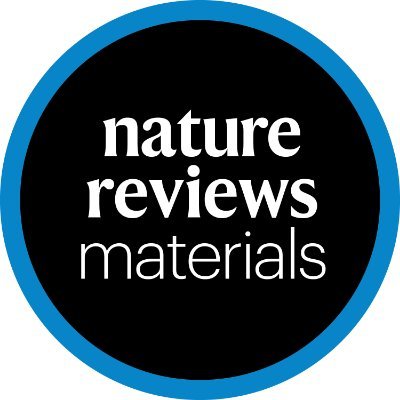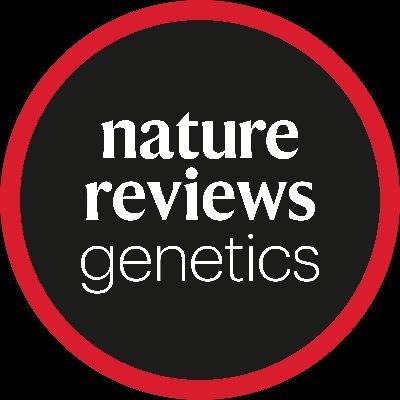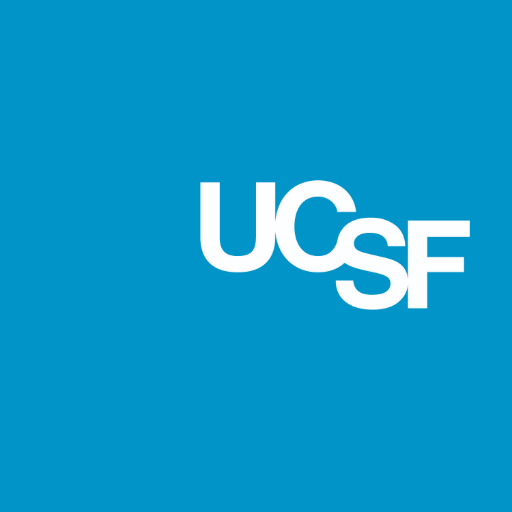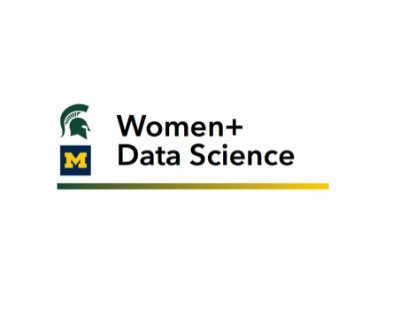
Troyanskaya Lab
@TroyanskayaLab
Followers
550
Following
26
Media
2
Statuses
59
This account is run by Olga Troyanskaya and her group focusing on computational functional genomics at Princeton University.
Princeton, NJ
Joined August 2011
The Sei web server on humanbase ( https://t.co/UmKdLkLPRt) is now updated to add the capability of computing Sei predictions including sequence class scores for any user-provided sequences or variants (big thanks to @wongak!)
1
1
2
@kathyxchen’s paper for sequence-based global map of regulatory activity is now out ( https://t.co/a9Ul7I1rHv)! Congratulations to all co-authors @wongak @OlgaTroyanskaya. Thanks to @anshulkundaje and @nameluem for the News & Views!
nature.com
Nature Genetics - Sei is a new framework for integrating human genetics data with a sequence-based mapping of predicted regulatory activities to elucidate mechanisms contributing to complex traits...
3
20
98
Machine learning in materials science! All our articles on machine learning in one collection, featuring @EKumachevaGroup @A_Aspuru_Guzik @TroyanskayaLab @draykol @SmitBerend @GormleyLab @xmwebb @NAresgroup @MKrallinger and many more - Check it out 😎 https://t.co/EfmFhGmPMd
1
32
92
Our new preprint (w/ @zhou_jian) is out! 🎉 We developed sequence classes, which allow for easily interpretable yet systematic quantification of the regulatory activities for any sequence & variant, using deep learning-based sequence modeling. (1/13)
4
18
77
Decoding disease: from genomes to networks to phenotypes https://t.co/ypsWw66eXs
#Review by @wongak, Rachel S. G. Sealfon, Chandra L. Theesfeld & @OlgaTroyanskaya @TroyanskayaLab @FlatironCCB @FlatironInst @Princeton @PrincetonHive
nature.com
Nature Reviews Genetics - In this Review, the authors discuss computational methods for interpreting the molecular and clinical effects of genetic variants. They focus on methods leveraging machine...
3
85
220
Check out our latest review in NRG on decoding disease - from genomes to networks to phenotypes! https://t.co/wIvZTgldzG
0
2
4
Check out our review of machine learning methods to model multicellular complexity!
High-throughput experiments generate large data sets that allow the study of multicellular complexity; #MachineLearning can help analyse, interpret and model these datasets. Read more in the Review by Rachel Sealfon, @wongak & @OlgaTroyanskaya: https://t.co/c1CgEWESRO
0
5
8
High-throughput experiments generate large data sets that allow the study of multicellular complexity; #MachineLearning can help analyse, interpret and model these datasets. Read more in the Review by Rachel Sealfon, @wongak & @OlgaTroyanskaya: https://t.co/c1CgEWESRO
0
8
19
Combing through millions of possible protein combinations to assemble a catalog that could be used to precisely target only cancer cells while leaving normal ones alone. Kudos to @limlab @UCSF @OlgaTroyanskaya @TroyanskayaLab
https://t.co/z7weJPLOgB
0
1
7
It's #OlgaFest today in Michigan! 😀 @OlgaTroyanskaya's academic children & grandchildren are speaking in today's @WomenPlusData webinar hosted jointly by @UMich and @michiganstateu!
Excited to host the final webinar of this season: 'Data Science in Biomedical Research' featuring Maria @ChikinaLab as our keynote speaker @PittTweet! ⚡ talks Anna @annakopoulos Kayla @kaylainbio Stephanie @slepphickey
@CMSE_at_MSU @KrishnanLab Regstr:
0
7
9
Check out https://t.co/jmUIZaG7Qd - from tissue-specific networks to mutational regulatory impact to disease gene prediction. Project lead by the amazing @wongak Nicely described in https://t.co/6YfFb54RHH
@SimonsFdn @FlatironInst @FlatironCCB
simonsfoundation.org
This powerful, dynamic software system is changing how scientists sift through the recent deluge of human genomic data — and deepening our knowledge of human biology, health and disease
0
8
10
thrilled to be a part of this collaboration and apply our cell-type specific networks at @HumanBaseFI to COVID-19.
SARS-CoV-2 receptor networks in diabetic and COVID-19 associated kidney disease https://t.co/ogwSMSKybT . @MiKTMC @UMichKidney @umichmedicine @Berthiercc @OlgaTroyanskaya .
0
4
8
SARS-CoV-2 receptor networks in diabetic kidney disease, BK-Virus nephropathy and COVID-19 associated acute kidney injury https://t.co/UlMoXxnzeX
#medRxiv
medrxiv.org
COVID-19 morbidity and mortality is significantly increased in patients with diabetes and kidney disease via unknown mechanisms. SARS-CoV-2 uses angiotensin-converting enzyme 2 (ACE2) for entry into...
0
4
6
Hi genomics community! I recently started my own group at UTSW. We are looking for postdoc and students interested in machine learning and genomics to join us in our adventures in new frontiers! Please RT or forward to any potential interested candidates
zhoulab.io
Computational Biology lab at UChicago. We develop machine learning and AI methods for understanding genomic sequences.
3
70
126
Our latest paper on noncoding contributions in #autism using deep learning models is out in @NatureGenet. De novo noncoding variants contribute to # of cases comparable to coding. With @darnelr @zhou_jian @pazpark @chandralt4 @simonsFdn @princeton #WGS
1
31
88
Great description of our work out at Nature Genetics: "AI Accurately Predicts Effects of Genetic Mutations in Biological Dark Matter" https://t.co/MgfTKonbeN
@FlatironInst @FlatironCCB @SimonsFdn @EPrinceton @PrincetonCS @princetonideas
simonsfoundation.org
AI Accurately Predicts Effects of Genetic Mutations in Biological Dark Matter on Simons Foundation
0
12
19
ExPecto predicts tissue-specific expression and variant effect ab initio from sequence, prioritizes all GWAS variants, generates in silico mutagenesis of all TSS proximal regions, and provides a link to evolutionary constraints on gene expression.
1
38
54
Proud of our discovery of noncoding regulatory signal in autism. Independently confirmed in discovery and replication cohorts for both DNA and RNA regulation. #deeplearning #WGS #autism #ASD
2
46
97
Great talk from @OlgaTroyanskaya on predicting effects of mutations with DeepSEA and now being able to predict tissue specific gene expression with new ExPecto approach. Valuable for GWAS causal variant prioritization and de novo calling of disease variants #T2G18
2
5
12
CS Prof. Olga Troyanskaya and team presented big-data approaches to drug development at the "Celebrate Princeton Invention" event. @OlgaTroyanskaya
https://t.co/mwIsOlDBtB
0
2
7
















